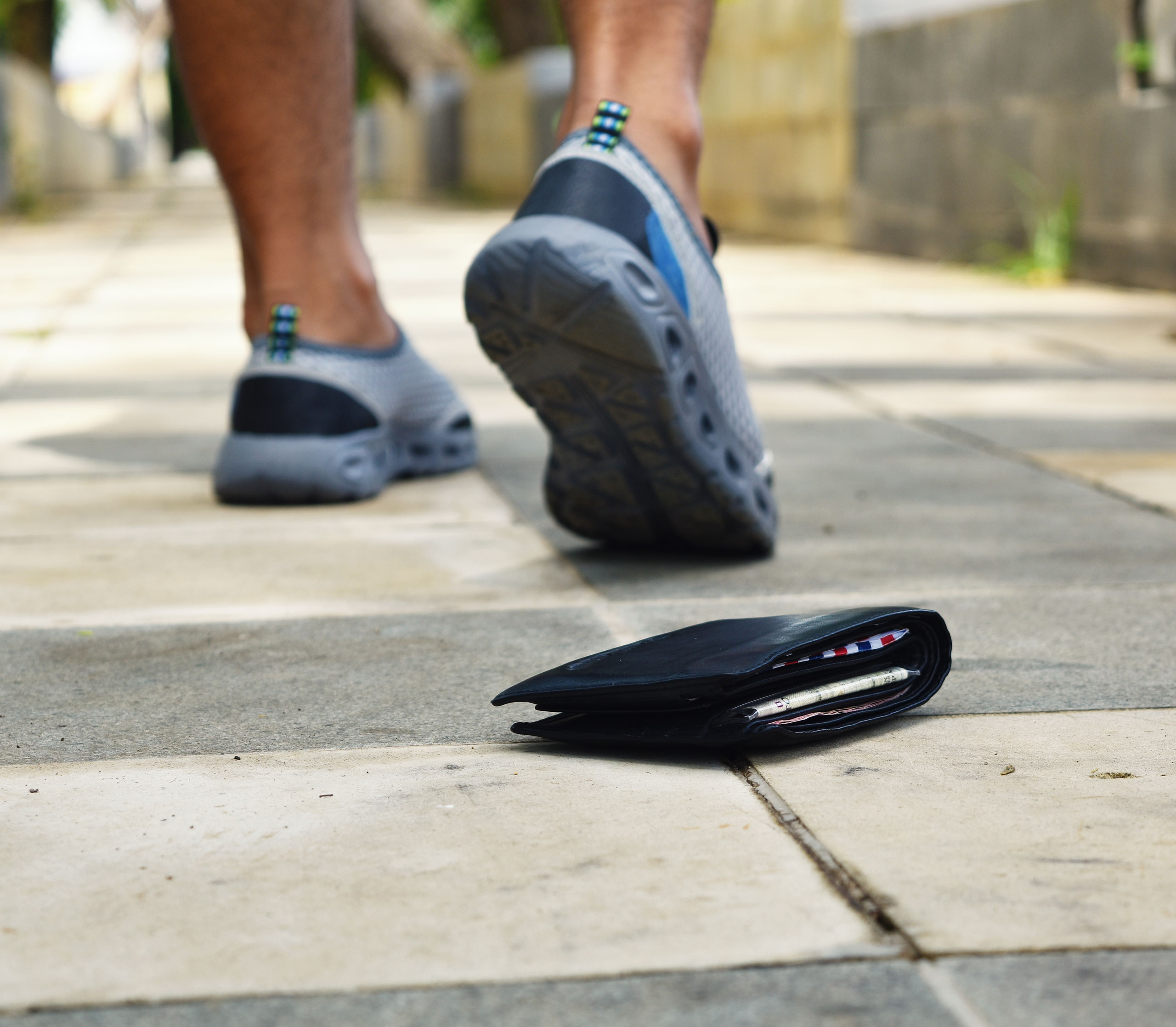Latest security alerts
Stay up to date with the latest alerts and take steps to safeguard your personal and banking information.
Stop. Check. Protect.
Three simple steps to keep your money and identity safe:
Stop
Check
Confirm before you act. Use official contact details to verify the request or ask someone you trust for advice.
Protect
If it’s suspicious, secure your accounts. Change passwords, enable multi-factor authentication, and report the scam to Police Bank.
Scam safety
Scams are becoming more common across Australia as technology makes it easier for scammers to convince their targets to hand over money or sensitive information.
Your best protection against these scammers is to detect suspicious activity early.
Red flags to watch out for
There are several indicators that something could be a scam. Here are some common warning signs to watch out for:
- You don’t know or recognise the person asking for money or personal details.
- The deal or offer you’ve received seems ‘too good to be true’ – in most cases, it is.
- You’re being pushed to click on a link or open an attachment.
- The ‘business’ you’re dealing with isn’t correctly registered when you check its details on ABN Lookup.
- You’re asked to open new accounts or create a new PayID.
- You’re asked to make a payment using an unusual or specific methods (for example, by supplying gift vouchers or using cryptocurrencies). These requests and behaviours are typical of a scam.


We’ll never ask you to:
- Share sensitive details including passwords, your pin, or a one-time passcode.
- Click a link to log into your account.
- Grant remote access to your computer, phone, or tablet.
- Transfer money to another account to keep it safe.
Please take a minute to read about some of the most common scams below and what you should look out for.
Common scammer tactics
Scammers use a range of strategies to try forcing their targets into making a mistake. Below are some of the techniques they may use to trick you.
Asking for personal details
Scammers will try to get you to reveal personal details including bank account details and passwords.
They may also ask for seemingly mundane information like the names of your pets or where you grew up (hoping to get answers to your security questions).
They may even impersonate bank staff or IT support personnel to trick you into sharing information.
Police Bank will never ask you for account details, your PIN or your passwords, and you should never share this information with anyone.
If you have received a suspicious phone call, email or SMS link, make sure you:
Safer, more secure passwords
Your password is the first line of defence against scams and fraud. The stronger it is, the better protected your accounts and personal information will be.
To help keep you safe, we recommend using a password that includes both uppercase and lowercase letters, numbers and special characters.
Stronger passwords make it harder for scammers to access your information and are a simple but effective way to stay protected online. Head over to Settings in your Mobile Banking App or Internet Banking to strengthen your password today.
Border Bank will never ask for your password or security codes by email, phone or SMS. If something doesn’t feel right, stop and contact us directly.
Some tips to create a safe password
- Avoid anything that’s easily guessed such as your address or birthday.
- Don’t share your passwords with anyone.
- Don’t write your passwords down anywhere.
- Make your passwords unique – reusing a password makes it less secure.

Spot the most common scams
Learn about the most common scams out there so you can avoid them.
If you suspect a scam, please contact Border Bank on 132 267
For more information about online scams please visit
Related articles

Phone porting fraud
An increasing number of Australians are being targeted by a sophisticated phone porting scam. Victims of the scam have their phone numbers switched to a new telco provider, leaving them vulnerable to theft and bank fraud.

Scams Awareness week
With most scams involving a form of impersonation, Scamwatch is warning Australians and are urging you take additional precautions towards who you’re dealing with this November.
More helpful information

Fighting fraud
Each year more than one million Australians are the victims of fraud. On this page, Police Bank can teach you how to identify the signs and keep yourself safe when making transactions online.

Confirmation of Payee
To help protect our members from fraud, scams and mistaken payments, we’ve launched Confirmation of Payee (CoP) — a new security feature that adds an extra layer of protection when you’re sending money.

Lost or stolen cards
If your card has been lost or stolen, it’s important to act quickly to protect your account and prevent any unauthorised transactions.

